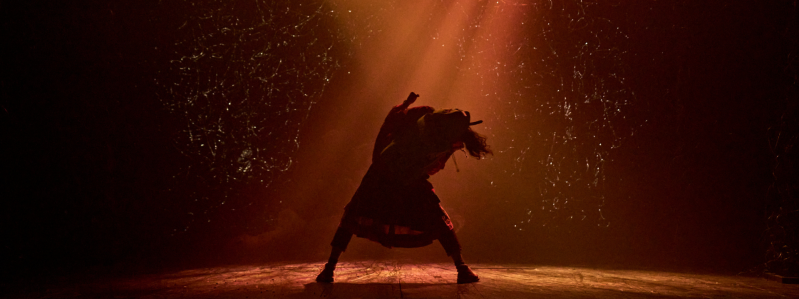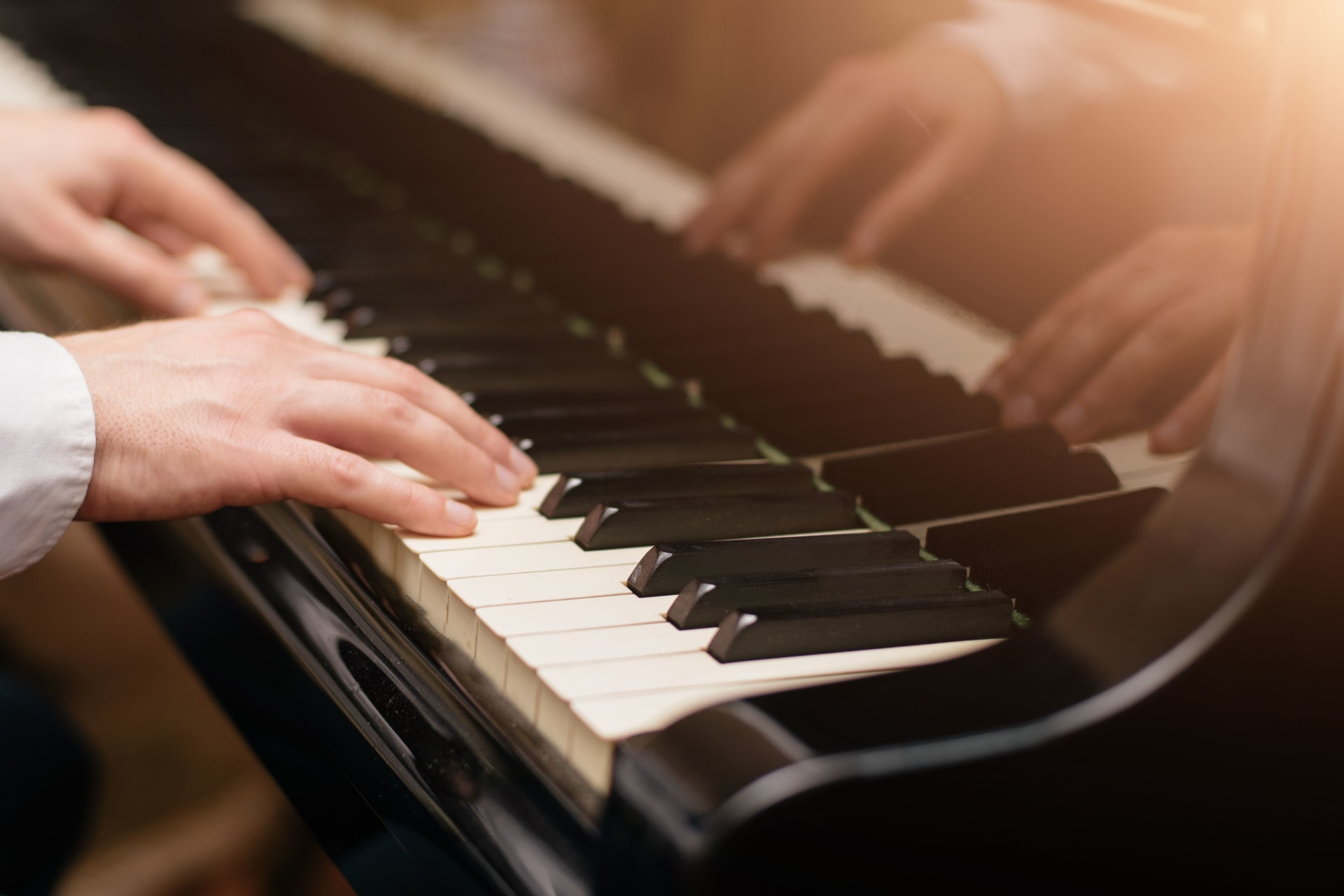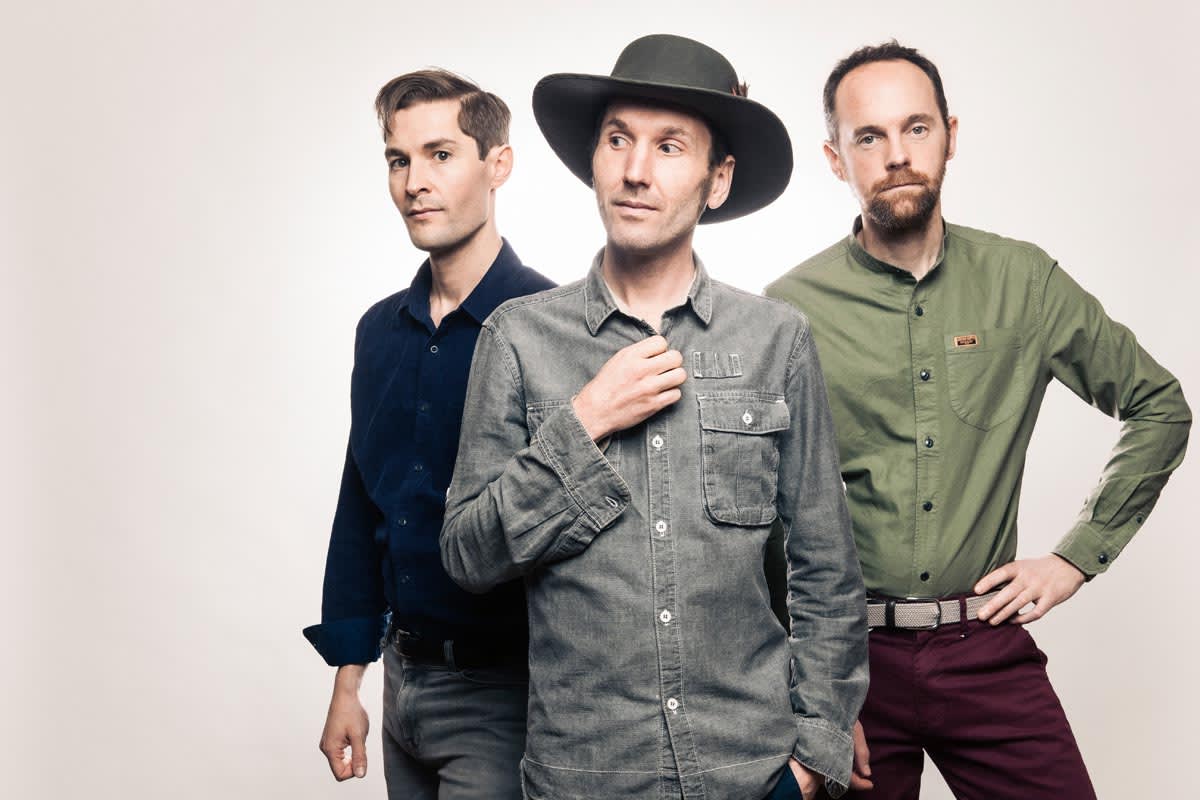20-24 June
The National Theatre’s critically acclaimed adaptation of Neil Gaiman’s THE OCEAN AT THE END OF THE LANE will tour the UK and Ireland later this year, direct from the West End, visiting New Theatre Oxford from Tue 20 June to Sat 24 June Directed by Katy Rudd (Camp Siegfried) and adapted by Joel Horwood (Skins, I Want My Hat Back), the first major stage adaptation of Neil Gaiman’s work is a thrilling adventure of fantasy, myth and friendship, which blends magic with memory in a tour-de-force of storytelling that takes audiences on an epic journey to a childhood once forgotten and the darkness that lurks at the very edge of it.
Returning to his childhood home, a man finds himself standing beside the pond of the old Sussex farmhouse where he used to play. He's transported to his 12th birthday when his remarkable friend Lettie claimed it wasn't a pond, but an ocean – a place where everything is possible...
Plunged into a magical world, their survival depends on their ability to reckon with ancient forces that threaten to destroy everything around them.

Here, Author Neil Gaiman answers our questions.
The book is loosely based on your childhood. What was the starting point?
The book began with me wanting to try and explain to my wife where I grew up and what that world was like. She could take me to her childhood home because it’s still the same, but I couldn’t take her to where I grew up [in East Grinstead] because the place had long since been demolished; lots of lovely neat little housing estates covered the gardens and the fields and lanes. So for me it was kind of an effort to try and evoke a past and a sense of place. An interesting side of it for me too was that I realised that I hadn’t heard, for a very long time, the Sussex accent of my childhood. Mrs Weller came in and cleaned once a week and Mr Weller came in and did the gardens. They were probably in their 80s and they had proper Sussex accents – almost like a West Country burr. I resolved to write a novel with that in too.
How did you create the Hempstocks?
I was told by my mother – quite erroneously, I discovered, when I did my research – that the farm half-way down our lane was in the Doomsday Book. And that was the start of the Hempstocks in my head; who they were and what I wanted to do with them.
Do you find writing about family especially fascinating?
I don’t think I’ve ever been able to avoid writing about family, even when I thought I was writing about something else. Whether it’s biological family or the family we make. In the novel I created a semi-fictional family for myself, and in the play version it was one step further away from my family, which I think looking back on is incredibly healthy! But the boy is definitely me.
The play received amazing reviews when it premiered. Without any spoilers, do you have any favourite moments?
There is something astounding about the moment when they enter the ocean. That completely fascinates me. And you’re going to see miracles made out of bits of rubbish and old plastic bags and nightmarish birds beyond your imagination. It still takes me by surprise every time I watch.
Is it true that you were so moved by the play when you saw it in rehearsals that you cried?
I saw the first full run through. About ten minutes from the end, I had tears running down my face. I thought that this was terribly embarrassing, and I was discreetly trying to flick them away.
You describe yourself as a storyteller. What inspired you to be a writer?
I’m not sure that all writers are frustrated performers, but for me it was the joy in getting to be all of the characters. As a writer you get to do that. Being a kid who loved books I could think of nothing cooler than giving people the pleasure that I got.








